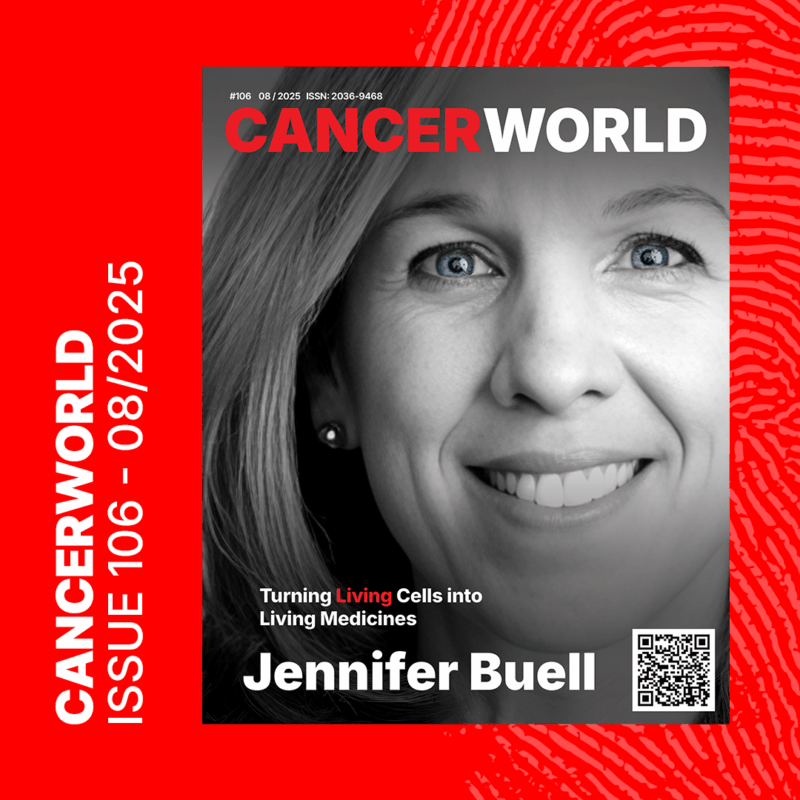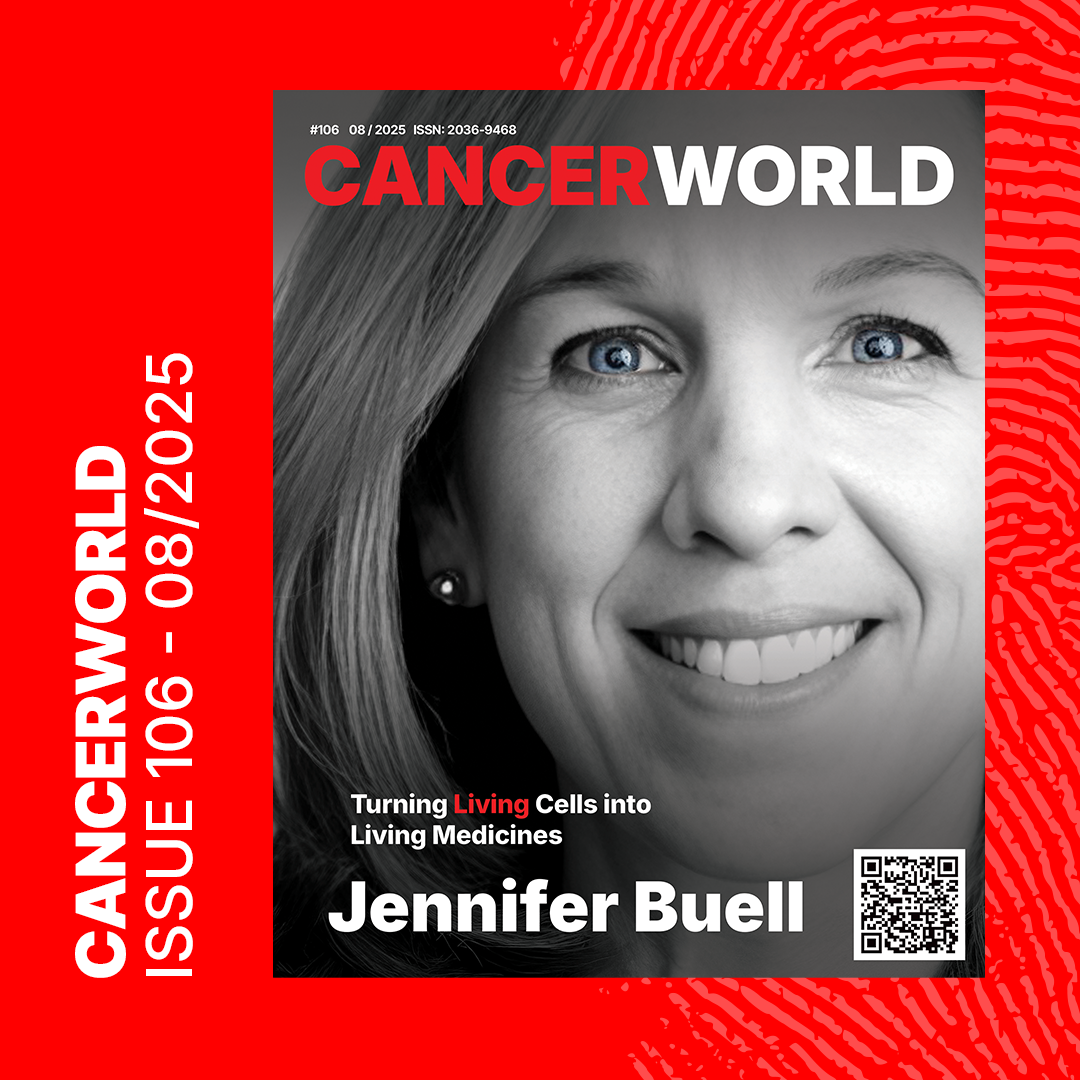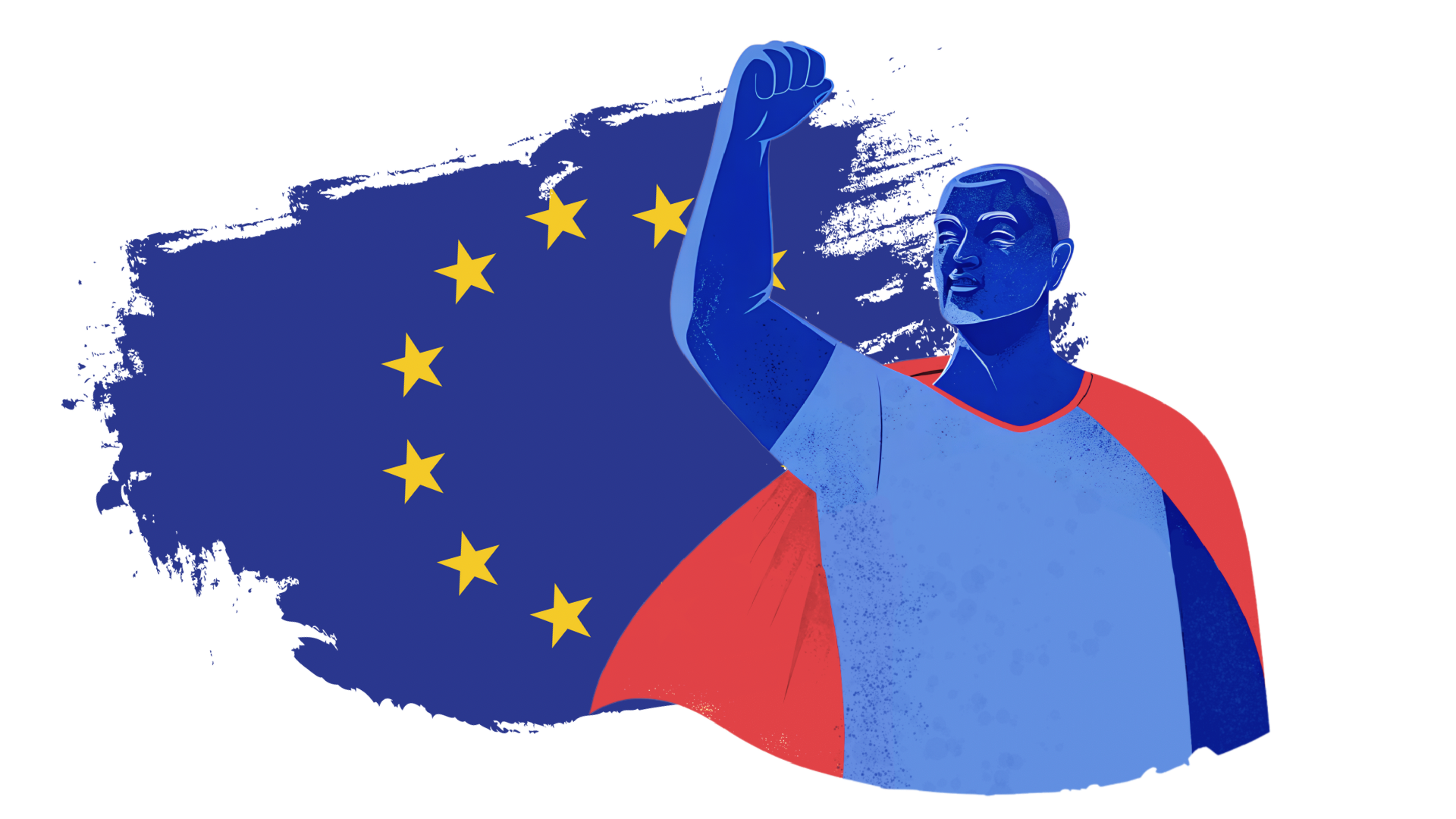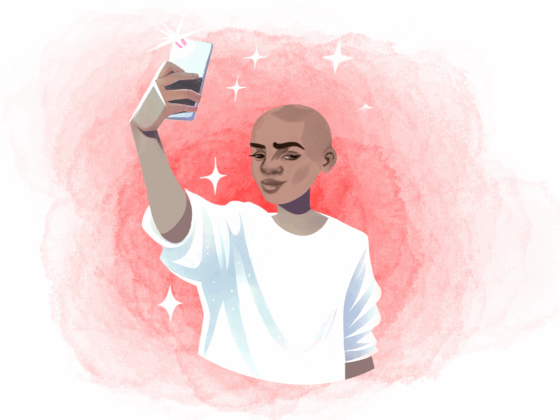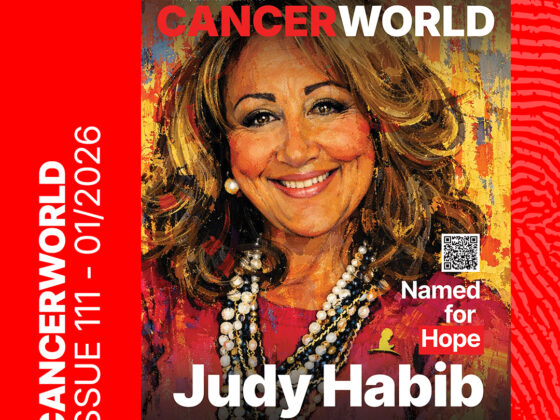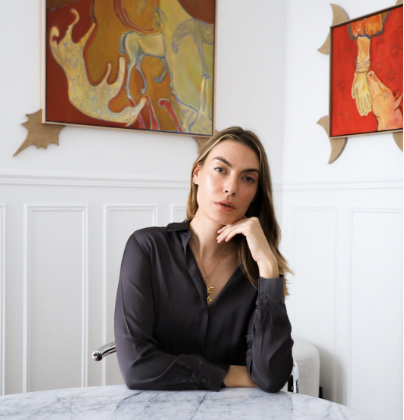In an age where the boundaries of immunotherapy are constantly being redrawn, few voices carry as much scientific clarity and moral urgency as Dr. Jennifer Buell. A scientist by training and a biotech leader by conviction, Dr. Buell serves as the CEO and President of MiNK Therapeutics—a company that may well be ushering in a new era of cellular medicine.
Warm, direct, and intellectually disarming, Buell carries the rare gift of making deeply complex science sound like something that belongs at your kitchen table.
From Louis Pasteur to Living Cells
It all began, surprisingly, with meningitis and a children’s book.
“I had spinal meningitis at four,” she says. “I spent a long time in the hospital, and my parents brought me this book—about Louis Pasteur and the rabies vaccine.” That moment forged an early connection between medicine, science, and survival. “Even then, I understood—science could save lives. And that stayed with me.”
Jennifer Buell would go on to pursue a master’s in biostatistics, followed by a PhD in biochemical and cellular metabolism at Tufts University, where her dissertation work focused on the cognitive effects of vitamin D and hormone receptors. Under the mentorship of Dr. Marshal Folstein, she explored how nutrients can act as hormones, directly modulating gene activity and influencing aging, cognition, and disease.
But it was a meeting with UCSF neurosurgeon Dr. Andrew Parsa that ultimately changed the trajectory of her career. “He told me, ‘You’re in Boston—you need to check out this company. I think their scientific founders are going to win the Nobel Prize’ That company was Agenus, and they were trying to do something remarkable: turn a patient’s tumor into their treatment.”
The Birth of MiNK Therapeutics
Buell spent 15 years at Agenus, helping develop immunotherapies and vaccines that transformed tumors into tools for triggering immune response. But there was a limit to what even the most powerful vaccines could do—especially in patients whose immune systems had been severely compromised by disease or prior treatment.
“We needed something more,” she recalls. “We needed to actually restore immunity. That’s where MiNK Therapeutics was born.”
The solution lay in a powerful but rare population of immune cells: invariant natural killer T (iNKT) cells. These cells, unlike traditional T-cells or NK cells, bridge both the innate and adaptive arms of the immune system—and they do so with potent, precision-level force.
“What we were able to do at MiNK, no one has been able to do. We learned how to isolate these cells from healthy donors, expand them to billions, cryopreserve them, and deliver them off-the-shelf to patients—anywhere in the world.”
What she describes is nothing short of revolutionary: a universal cell therapy that doesn’t require patient-specific matching, lymphodepletion, or high-toxicity conditioning regimens. “We’re transfusing an immune system into patients who have an inadequate immunity,” she says. “That’s the simplest way to describe it. And we’ve done it in – Australia, Brazil, Eastern Europe, Russia —you name it.”
A Global Mission in a Cryopreserved Bag
For Jennifer Buell, the implications go far beyond oncology. “We can cryopreserve them. We can ship them anywhere. And we can treat a patient in the same way you would give them a standard infusion, which has made these cells incredibly accessible to individuals. And we’ve also developed the technology to scale them to such levels that they’re also affordable. We’re democratizing access to the most powerful cells in immunity.”
The approach is also deeply personal. “We saw patients who had no immunity left—whether due to their cancer or the treatments they had endured. We could help them. We could give them back a fighting chance.”
The Breakthrough That Shook the Market
Just days before our interview, MiNK’s work appeared in Oncogene, chronicling a case that sent shockwaves through the oncology community—and spiked MiNK’s stock tenfold.
It involved a young man with metastatic non-seminomatous germ cell tumor—a type of testicular cancer that had failed to respond to seven lines of prior therapy, including chemotherapy, PD-1 inhibitors, and two autologous stem cell transplants.
“He had nothing left,” Jennifer recalls. “And then he received a single infusion of our iNKT cells—Agent-797—combined with a PD-1 inhibitor. No lymphodepletion. No chemotherapy. No cytokine storm. No GVHD.”
What followed stunned even the trial site: 48 weeks later, the patient—whom researchers had lost contact with and assumed deceased—walked into the hospital, alive and thriving. Radiologic, clinical, and biochemical markers confirmed complete remission. No further treatment had been given.
“The iNKT cells persisted in his system for six months,” she explains. “We used duplex sequencing and donor-specific haplotyping to track them. Interferon gamma spikes. Sustained cytokine elevation. A complete immune remodeling of the tumor microenvironment.”
The Science Behind the Magic
Dr. Buell explains that iNKT cells don’t just attack tumors—they transform the terrain.
“These cells penetrate immune deserts, recruit other immune fighters, and make the tumor’s environment inhospitable. The tumor simply cannot thrive.”
Unlike traditional cell therapies, which often only benefit blood cancer patients and come with extreme side effects, MiNK’s therapy offers a clean, well-tolerated option for solid tumors. “No neurotoxicity. No cytokine release syndrome. Just immune power.”
From Bench to Bedside—with a Mission
Now, MiNK is expanding into Phase II trials with leaders like Dr. Yelena Janjigian at Memorial Sloan Kettering. But Dr. Buell remains grounded in the science, in the patient, and in the promise.
“This is the most exciting work I’ve done,” she says. “To take a living cell and turn it into a living medicine—it’s personal, it’s profound, and it’s just the beginning.”
A Final Thought
As our conversation ended, it was clear that Jennifer Buell is not only leading a company—she’s leading a new way of thinking. One where biology meets engineering, access meets equity, and where even the sickest of patients may one day be told: “We have something for you.”
Jennifer Buell’s journey—like the cells she champions—is rare, powerful, and deeply human. And by the time we were publishing this article, she had just completed a 200-mile ride in the Pan-Mass Challenge for DFCI and patients with cancer—a reminder that her dedication to healing extends far beyond the lab.

